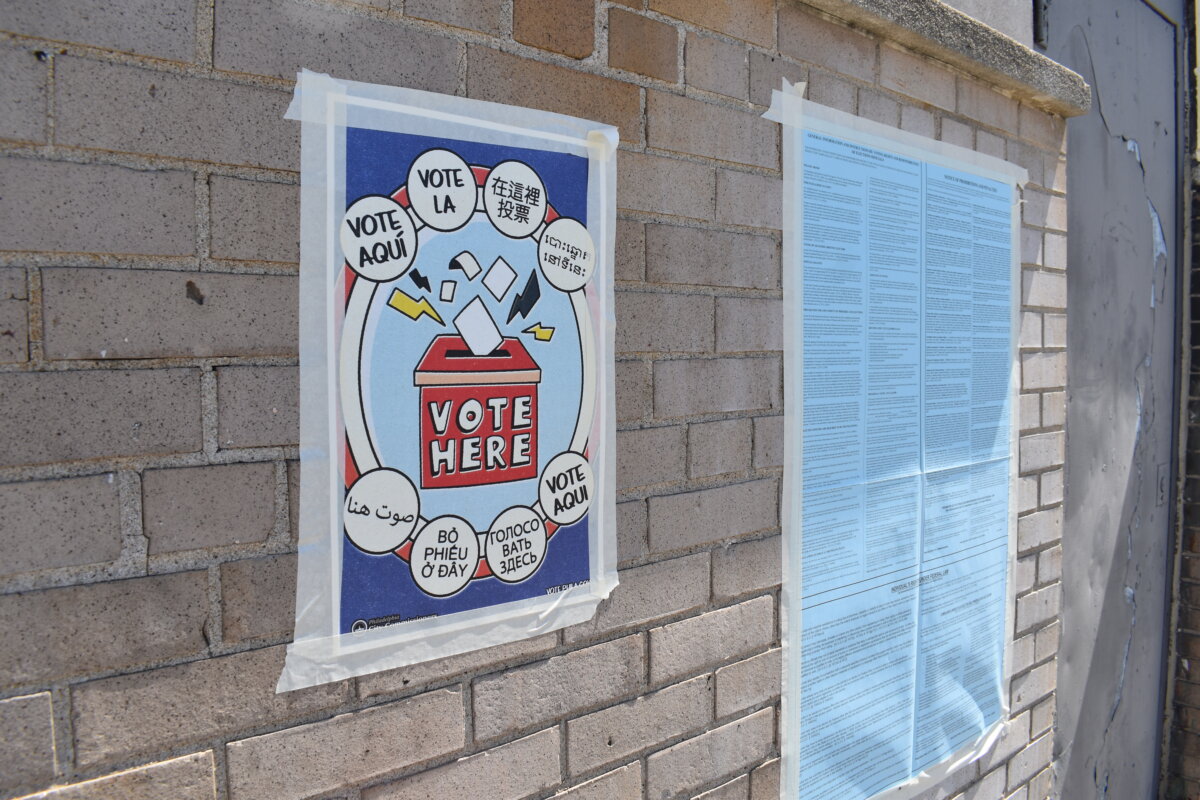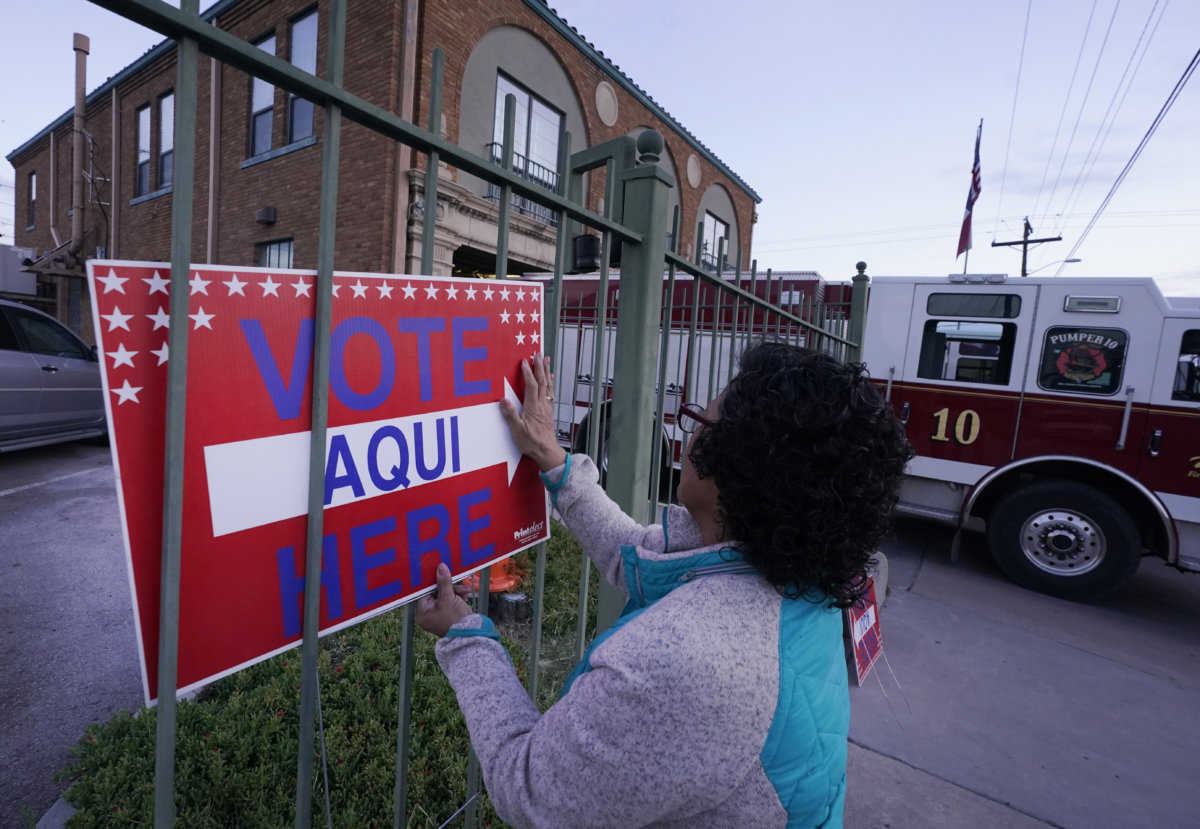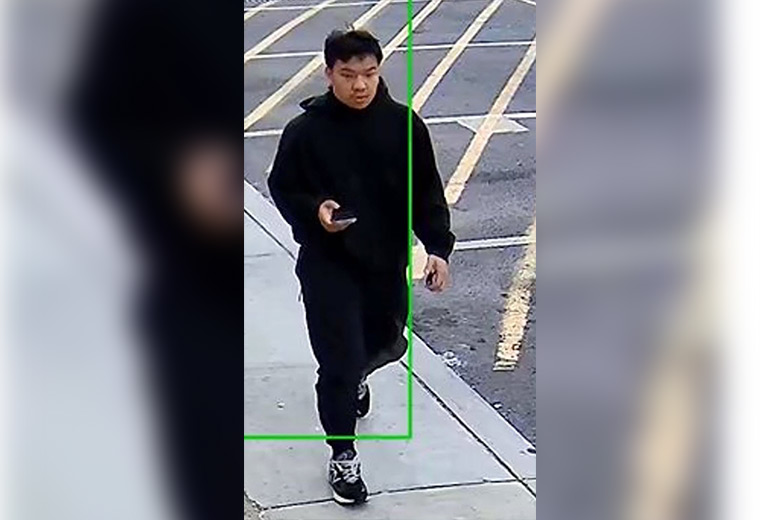Michelle Carter, the Massachusetts woman found guilty of coercing her boyfriend to commit suicide via text messages and phone calls, has been sentenced to two and a half years Thursday, but there’s a chance she won’t spend any time at all behind bars.
Convicted of involuntary manslaughter in the July 13, 2014 death of 18-year-old Conrad Roy, a judge sentenced Conrad to serve 15 months in jail, suspending the remaining 13 months of her sentence until 2022, provided that she meets the conditions of her probation.
“This court must and has balanced between rehabilitation, the promise that rehabilitation would work and a punishment for the actions that have occurred,” said Bristol County Juvenile Court Judge Lawrence Moniz.
But Carter won’t actually see a jail cell for quite some time.
Immediately following the sentencing, Carter’s lawyer filed a motion to stay the execution of the sentence during her appeal, which he won.
Citing a laundry list of grounds for appeal ranging from First Amendment issues to Carter’s mental health issues to the unusual nature of the case, Carter’s lawyer argued it would be unfair to put Carter through a jail sentence given the uncertainty that the Juvenile Court ruling would hold up in Appellate Court.
“Jail is the only thing that can’t be undone,” he said.
The prosecution was seeking seven to 12 years in jail.
Carter was found guilty in June on involuntary manslaughter for what the judge called “reckless” behavior on her part that led to Roy’s suicide.
In the end, it was Carter’s own words that led to her conviction. Hundreds of text messages were released during the trial that appeared to show Carter, then 17, encouraging Roy to follow through with his talk of suicide.
“I could’ve stopped him,” Carter texted a classmate about two months after Roy’s death, according to testimony. Carter told the classmate via text that she and Roy were on the phone the day of his suicide when Roy got out of the car because “he was scared.”
Carter texted that she “told him to get back in.”
It was this that judge found to be the most damning evidence.
“When Ms. Carter realizes that Mr. Roy has exited the truck, she instructs him to get back in the truck, which she has reason to know is or is becoming toxic,” Moniz as he handed down the verdict earlier this summer. “The court finds that instructing Mr. Roy to get back in the truck constituted wanton and reckless conduct.”



















